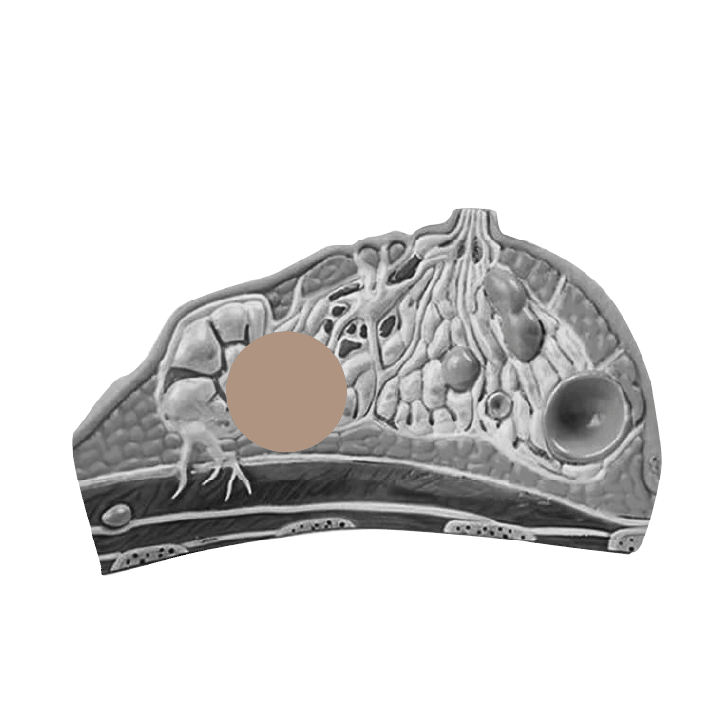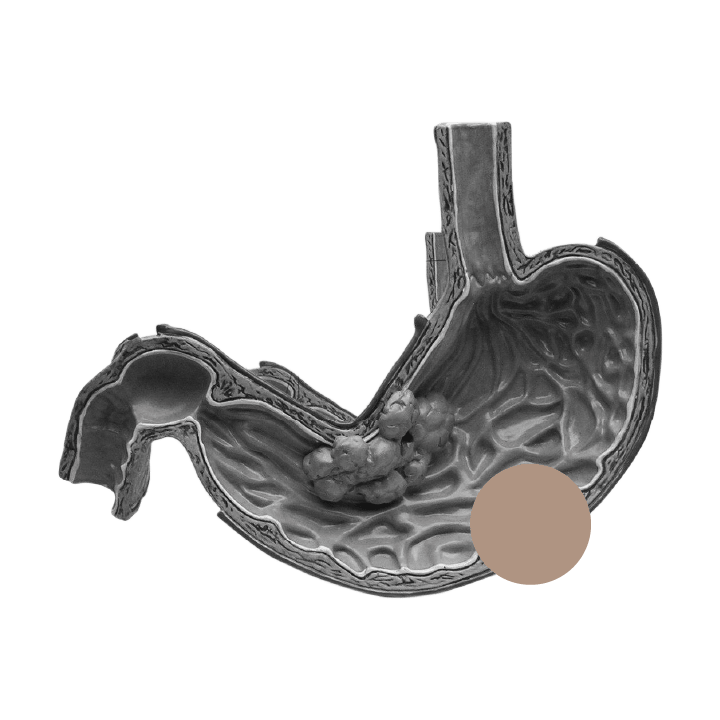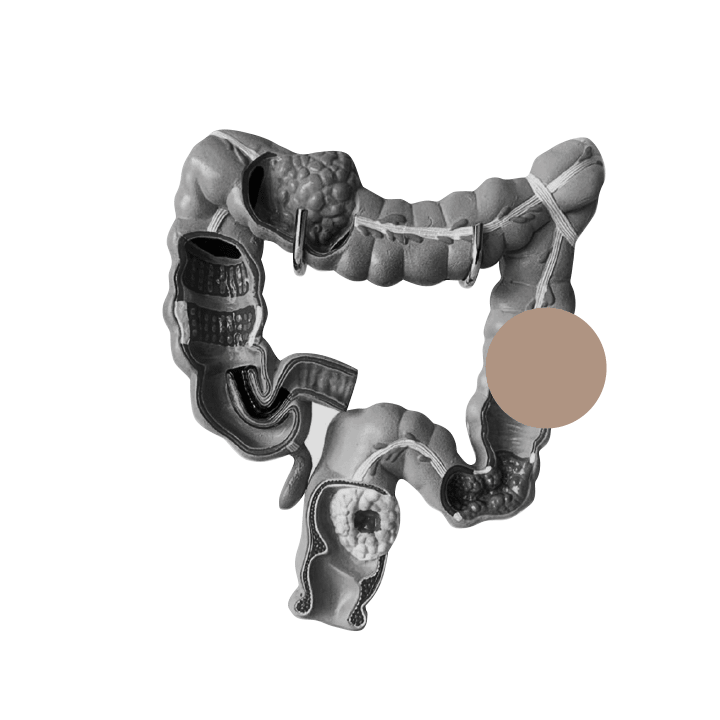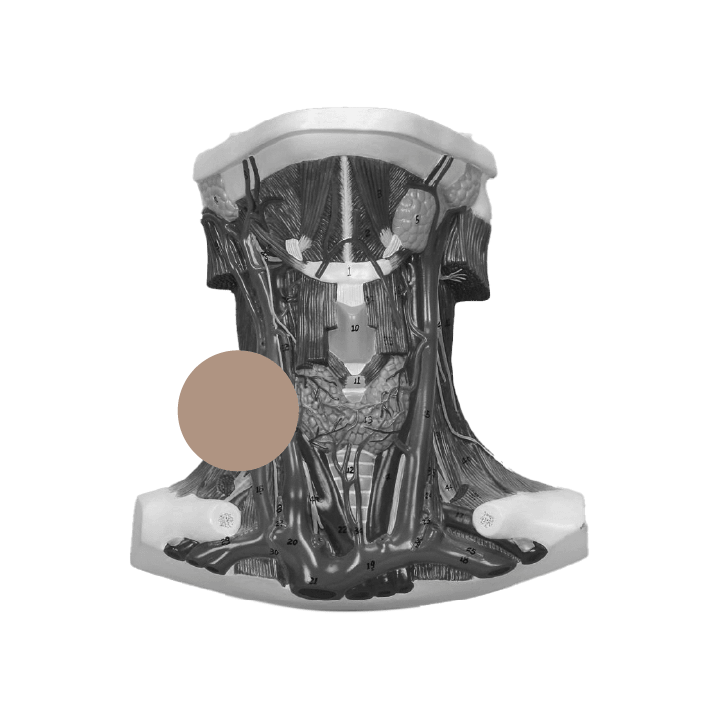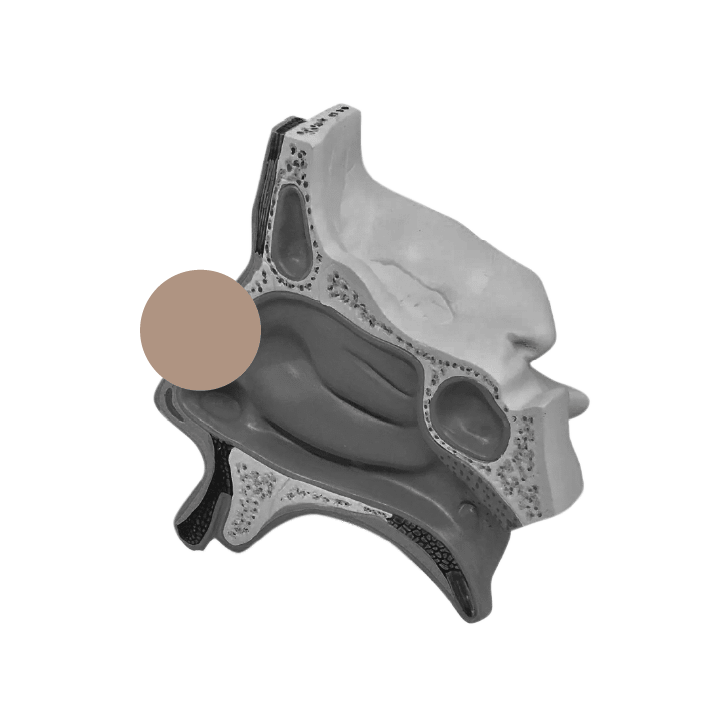9/11 Uterine Cancer Claims
For more than two decades, female first responders and survivors who were diagnosed with uterine cancer from 9/11 have been ineligible to receive medical treatment through the World Trade Center Health Program (WTCHP). The day has finally come with the addition of uterine cancer to the list of 9/11-related covered conditions. Uterine cancer had been the only type of cancer that was not included in the existing list of covered conditions.
Many of the responders and survivors are men. As a result – until recently – most studies concerning 9/11 health conditions had been focused on cancers suffered by men. Now that data links 9/11 toxin exposure to the development of uterine cancer, the WTCHP recognizes victims of this type of cancer as individuals who qualify to receive federally-funded medical monitoring and treatment.
The lawyers at Pitta & Baione LLP played an important role in pushing for the inclusion of uterine cancer on the list of 9/11-related health conditions. After the collective efforts of 9/11 attorneys, 9/11 survivors, responders, and lawmakers, thousands of women suffering from uterine cancer – or who fear the possibility of being diagnosed – now have a path to treatment and potential compensation through the September 11th Victim Compensation Fund (VCF).
UNDERSTANDING UTERINE AND ENDOMETRIAL CANCER CAUSED BY 9/11
Historically, more than 65,000 women are diagnosed with uterine cancer every year. The American Cancer Society (ACS) estimates that in 2023, approximately 66,200 women will be diagnosed with uterine cancer. Approximately 13,030 women die from uterine cancer each year.
“Endometrial cancer” and “uterine cancer” are terms that are often used interchangeably, as the endometrium is the lining of the uterus. There are also numerous subtypes of uterine cancer that affect both the endometrium and other portions of the uterus.
Uterine cancer has various subtypes that often cause confusion when defining the specific type of uterine cancer a person is suffering from.
These subtypes include:
- Adenocarcinoma – The most common type of endometrial cancer.
- Uterine papillary serous carcinoma – An aggressive and rare form of uterine and endometrial cancer that forms in the lining of the uterus.
- Uterine clear cell carcinoma – An aggressive and rare form of uterine and endometrial cancer that makes up less than five percent of all cases.
- Uterine carcinosarcoma (CS) – An aggressive and rare type of uterine cancer. It comprises less than five percent of all cases.
- Uterine sarcoma – This cancer develops in the muscle wall of the uterus (also known as the myometrium), and affects less than 10 percent of all cases. Like many other subtypes of uterine cancer, uterine sarcoma is aggressive.
Overall, uterine cancer is one of the most aggressive forms of cancer that shortens the lives of far too many victims each year. Early detection and prompt treatment are essential to overcome the cancer and reduce the chances of recurrence later in life.
Uterine cancer often afflicts post-menopausal women, but because of exposure to 9/11 toxins, many female responders and survivors faced this diagnosis before reaching menopause.
HOW MANY 9/11 RESPONDERS AND VICTIMS SUFFER FROM UTERINE CANCER?
As of December 31, 2022, 23 percent of all 9/11 claims have been filed by females. The third most common certified 9/11 cancer claim is for breast cancer, thus demonstrating a strong link between exposure to 9/11 toxins and the development of cancer. Because uterine cancer was only recently added to the list of covered conditions, however, we do not have sufficient data to estimate the true number of female 9/11 survivors and responders who suffer from uterine cancer.
Moreover, many 9/11 uterine cancer victims may have already passed away. Now that qualifying 9/11 survivors, responders, and representatives of deceased victims can begin filing uterine cancer claims, we will have a good idea of how prevalent this type of cancer is among female 9/11 survivors and responders.
SIGNS AND SYMPTOMS OF UTERINE CANCER – WHAT TO LOOK FOR
To detect uterine cancer early, you need to know what to look out for. Signs and symptoms that may suggest uterine cancer include, but may not be limited to, the following:
- Abnormal or irregular bleeding (most common sign);
- A mass or growth in the vaginal area;
- Pressure or a feeling of fullness in the uterus;
- Pain in the pelvis or abdomen;
- Abnormal vaginal discharge;
- Constipation;
- Difficulty urinating; and
- Pain during sexual intercourse.
Many of the signs and symptoms listed above can be linked to a wide variety of medical conditions. Even one symptom experienced by a female 9/11 survivor or responder, however, should be concerning enough to seek a medical evaluation to rule out uterine cancer.
In the unfortunate event there is a cancer diagnosis, highly skilled medical professionals working with the WTCHP will provide the necessary treatment to fight this cancer.
THE IMPACT OF RECOGNIZING UTERINE CANCER AS A 9/11-RELATED CONDITION
Medical monitoring is critical to the early detection of serious 9/11-related conditions, including cancer. Female uterine cancer victims who were exposed to 9/11 toxins now have an opportunity to receive superior medical treatment through the WTCHP, as well as potential compensation through the VCF.
Female 9/11 survivors and responders who have not been diagnosed with uterine cancer – but may be at risk or show signs – can receive medical monitoring to ensure this cancer is detected early. Prompt treatment reduces the chances that uterine cancer is fatal.
Now that uterine cancer is the final cancer type to be included on the list of covered conditions, no cancer victim will be left out of two important government programs that support the 9/11 community.
CONTACT THE 9/11 LAWYERS OF PITTA & BAIONE TODAY
If you are a 9/11 survivor or responder who has been diagnosed with uterine cancer, or if you wish to act on behalf of a deceased loved one, reach out to a qualified 9/11 lawyer today. The firm of Pitta & Baione LLP was at the forefront of the collective efforts to push for the inclusion of uterine cancer on the list of approved 9/11 conditions.
Our 9/11 lawyers have a close relationship with the 9/11 community and devote their law practice to helping victims and their families file WTCHP and VCF claims. Contact Pitta & Baione LLP today to schedule a free consultation by calling (844) 901-1312.


